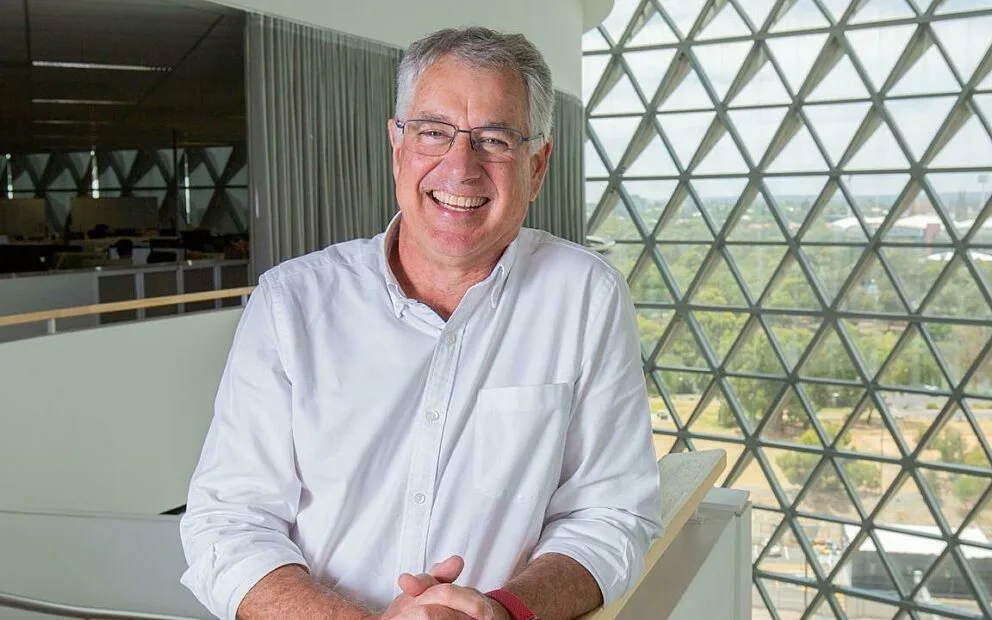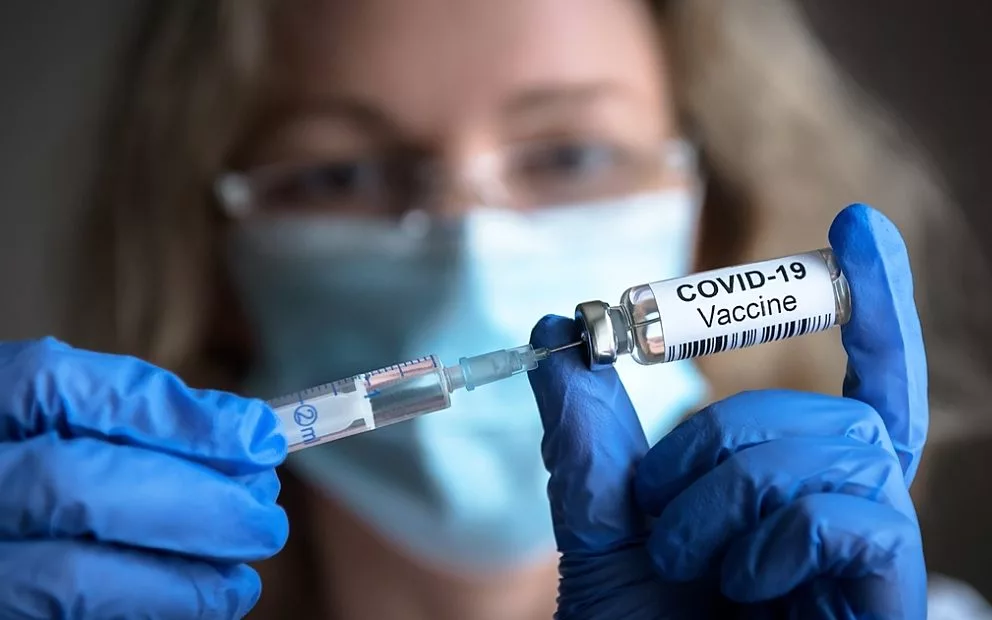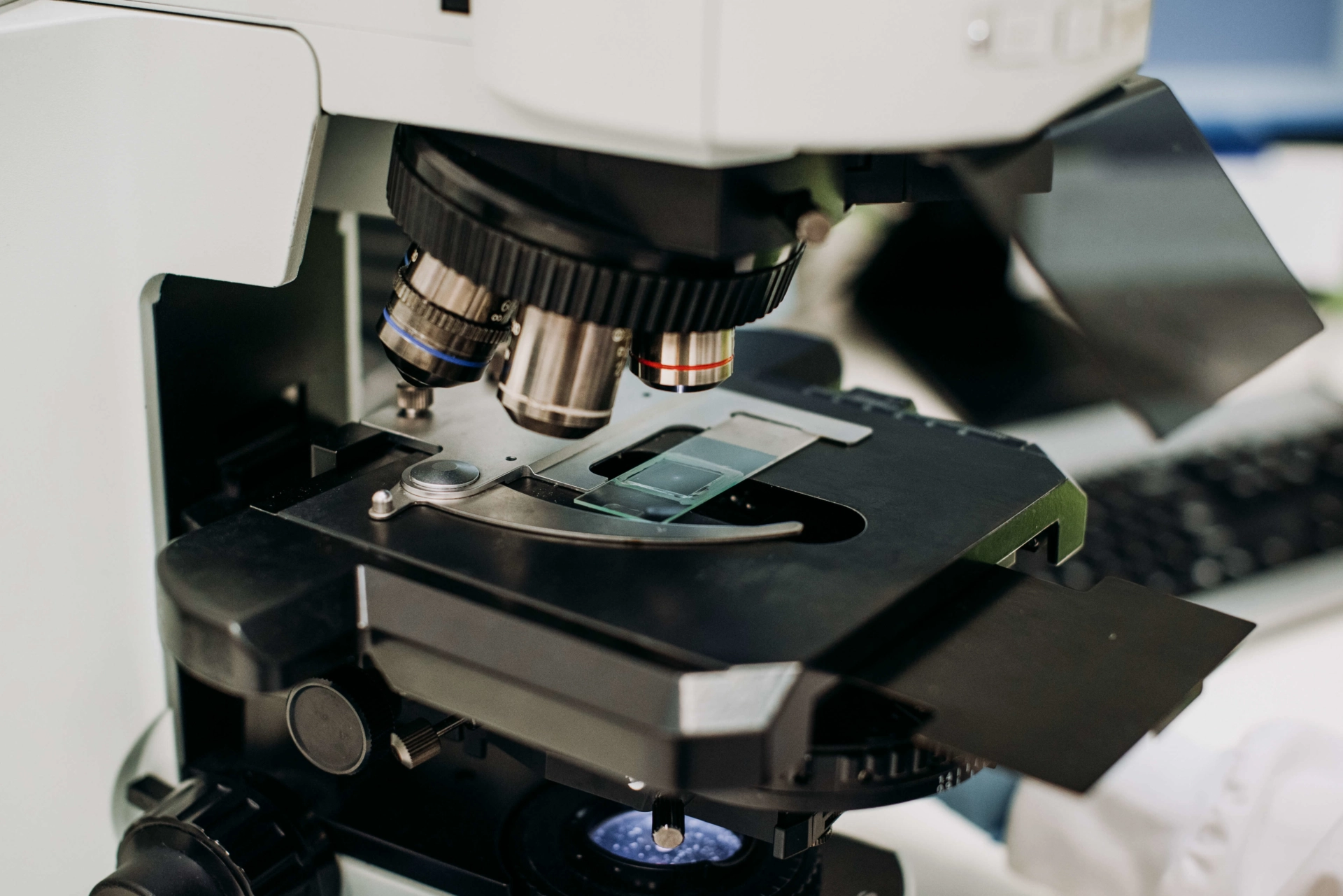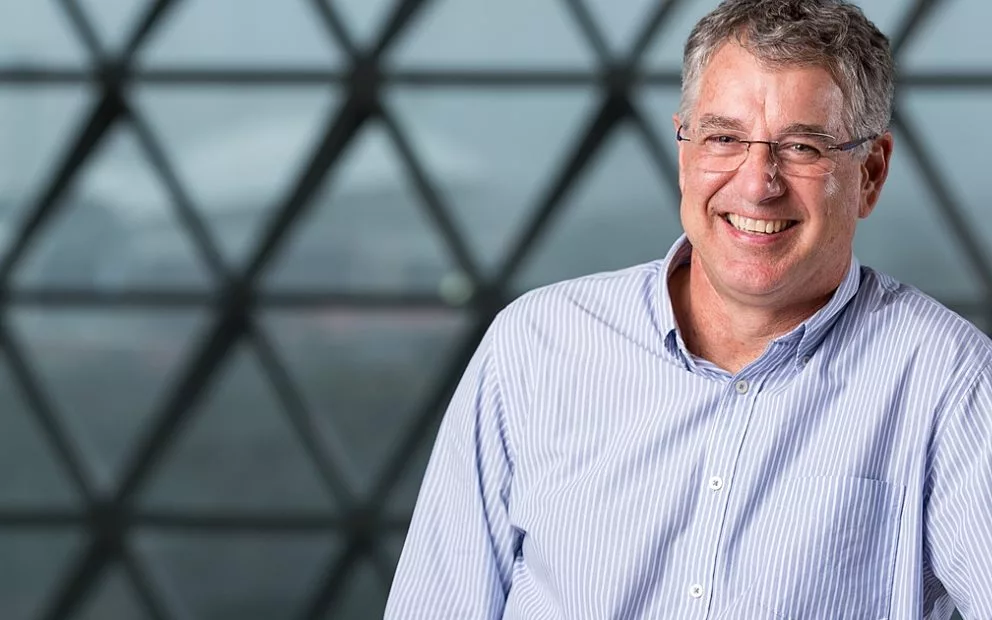REPRODUCED WITH PERMISSION FROM THE ADVERTISER
Billions of health care dollars are wasted on treatments that are of low value, don’t work or actually cause harm, new president of the Australian Academy of Health and Medical Sciences Professor Steve Wesselingh says.
His top priority is to embed research into clinical care so patient care is evidence-based, resulting in much better care with the same amount of funding.
It would also turbo charge research “from the bench to bedside” so breakthroughs swiftly result in improved care for patients rather than languishing in laboratories or gathering dust in journals.
Prof Wesselingh says as an added bonus, embedding research into care would entice top clinicians to stay in Australia by providing them clear research pathways.
The academy’s new report on its vision for health care indicates just 60 per cent of health care in Australia is evidence-based, while 30 per cent is of low value or wasted — and 10 per cent actually causes harm.
“This translates into billions of dollars — we could massively improve the health system and outcomes with this money instead of asking for more,” Prof Wesselingh said.
“Let’s just do it better. We really need to improve the evidence base on which health care is delivered.”
Prof Wesselingh who is also Executive Director of SAHMRI and chair of the National Health and Medical Research Council research committee stresses the academy is national and independent.
“I am not arguing for SAHMRI, and other members are not arguing on behalf of their various universities,” he said.
“The academy is made up of experts across health and medical science spectrum whose role is to represent to government and the community on how to improve health care delivery and how health research can improve health care."
“The academy has developed a document around embedding health and medical research into health care, which would dramatically improve health care in Australia. There is a disconnect between research, care and academia, and if we could have an alliance here it would dramatically alter the system.”
Prof Wesselingh noted the swift development of Covid vaccines was a prime example of speeding research from the laboratory into community care.
The academy is developing a special group to advise the federal government on how to deal with long Covid.
Noting the federal Health Minister Mark Butler is from South Australia, Prof Wesselingh said SA in particular could benefit by embedding health research with health care.
“Around the world where research is embedded, as well as resulting in better health care it also sees the best people retained because they can see a career trajectory,” he said.
“Those clear career pathways are very important to keeping people.
“It also ensures health research outcomes move into actual care quicker. If you have a cancer doctor who is also a researcher he or she will probably be aware of the newest and best cancer research developments.”
Mr Butler noted the last budget provided more than $1.5bn for health and medical research.
Prof Wesselingh said the academy is not asking for more health funding but does want more “harmonisation” of research spending between state and federal governments which he believes could see “dramatically improved outcomes.”
Health Minister Chris Picton has initiated moves to develop the state’s first Health and Medical Research Strategy, appointing neuroscientist and researcher Professor Sir Edward Byrne AC to provide independent advice while leading discussions with key groups such as SAHMRI to help shape the strategy due to be released mid-year.
Implementing a strategy was a key recommendation in the South Australian Productivity Commission’s report handed down in November 2020 after the former Liberal Government called for an inquiry into health and medical research.
A SA Health statement says the Department for Health and Wellbeing (DHW) is leading the development of the South Australian Health and Medical Research Strategy, which aims to strengthen how innovative research can be used to support improved health, wellbeing, social, and economic outcomes for the benefit of the community.
“We are engaging with the health and medical research sector, as well as through a specially appointed Expert Advisory Group, to identify areas of research strength, priority and interest for the State,” it says.
“Opportunities for enhanced collaboration to address current and emerging challenges facing the health system is also a focus.
“Through this strategy, DHW is seeking to understand how funding is best used and what is needed to minimise the time it takes to translate health and medical research breakthroughs into everyday practice.”





